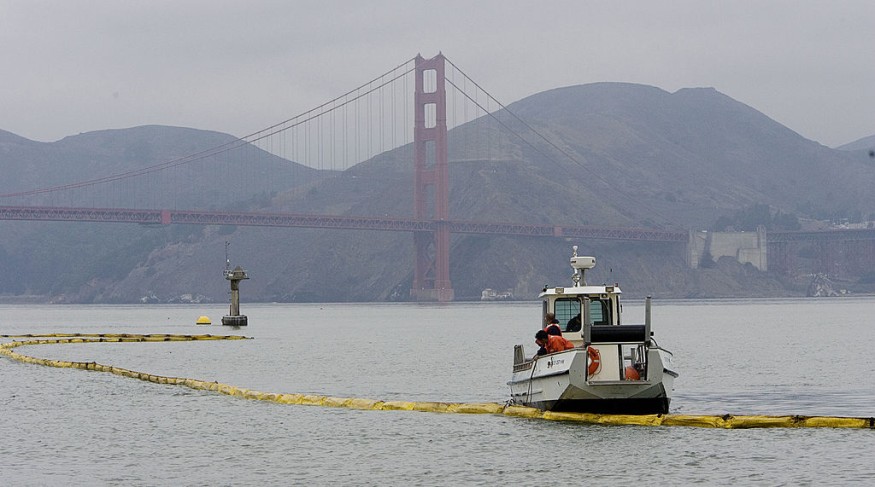According to a recent study, the new unique marine bacteria can help recycle carbon and nitrogen. The discovery could help understand the deep-sea conditions.
The oceans are still undiscovered. Researchers have been studying different bodies of water, aiming to unlock new species. The discoveries can help with the protection and conservation of marine ecosystems.
Oceans are vital for carbon storage. It helps to reduce the devastating impacts of climate change and global warming due to greenhouse gas emissions.
New Unique Marine Bacteria

In a new research published in eLife, researchers cultured a strain ZRK32 or the Planctomycetes from the said cold see sediment. They enriched the bacteria using inorganic nitrogen sources and rifampicin.
Only a few Planctomycetes bacteria were managed to be cultured in the lab. The discovery can likely help understand more the ecological and material metabolism of species in deep-sea conditions.
When the researchers analyzed the strain using phylogenetic and physiological analyses, they discovered it was a novel species. The new strain was named Poriferisphaera heterotrophic.
Planctomycetes bacteria can be seen in parts of wetlands, lakes, soil and other bodies of water. Unlike other bacteria, Planctomycetes possess a unique cellular structure and compartmentalized cell plan.
While researchers conduct studies in deep ocean environments, little is known about it. In the Gulf of Mexico, Planctomycetes also thrive in the area.
According to the report, the bacteria manages to interact with nitrogen. It is also considered a type of bacteriophage vital to the nitrogen cycle.
Amazingly, the bacteria grow because of the rich nutrients inside their bodies. They also found the amazing budding mode of division of the said bacteria.
Algae and the history of plants' evolution
Furthermore, research published in Nature Plants showed that algal relatives, which is Mesotaenium endlicherianum, can decipher the plant evolution 600 million years ago.
Globally, at least 390,000 plant species are known to science. Plants are crucial to environments, being a home and food source to millions of species.
The Mesotaenium endlicherianum is a genome strain that can be found in freshwater. The algal strain can likely unfold new insights into the possible descendants of plants existing thousands or millions of years ago.
With the threats of increasing temperatures, the protection of plans is crucial. Reports revealed rapid sea level rise could devastate coastal habitats, especially tidal marshes and mangroves.
Mangroves and tidal marshes are essential to many marine environments. It also helps mitigate possible flooding that could impact cities and communities.
It is a buffer against climate change. The decline of marine habitats could also affect livelihoods.
Researchers looked into the ancient coastal ecosystems and how they managed to adapt 10,000 years ago.
Related Article : 266 Ancient Fossils Discovered in New Zealand That Could Date Back Three Million Years Ago
For more similar stories, don't forget to follow Nature World News.
© 2025 NatureWorldNews.com All rights reserved. Do not reproduce without permission.





